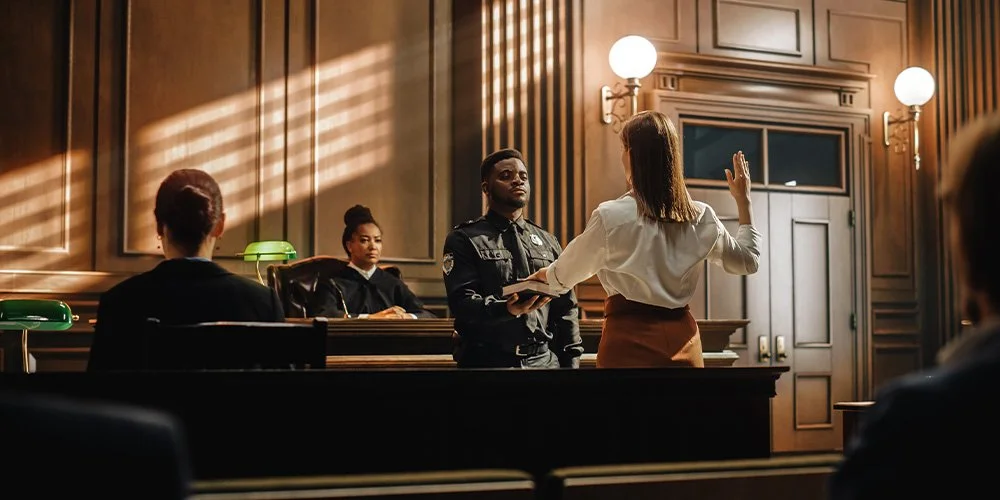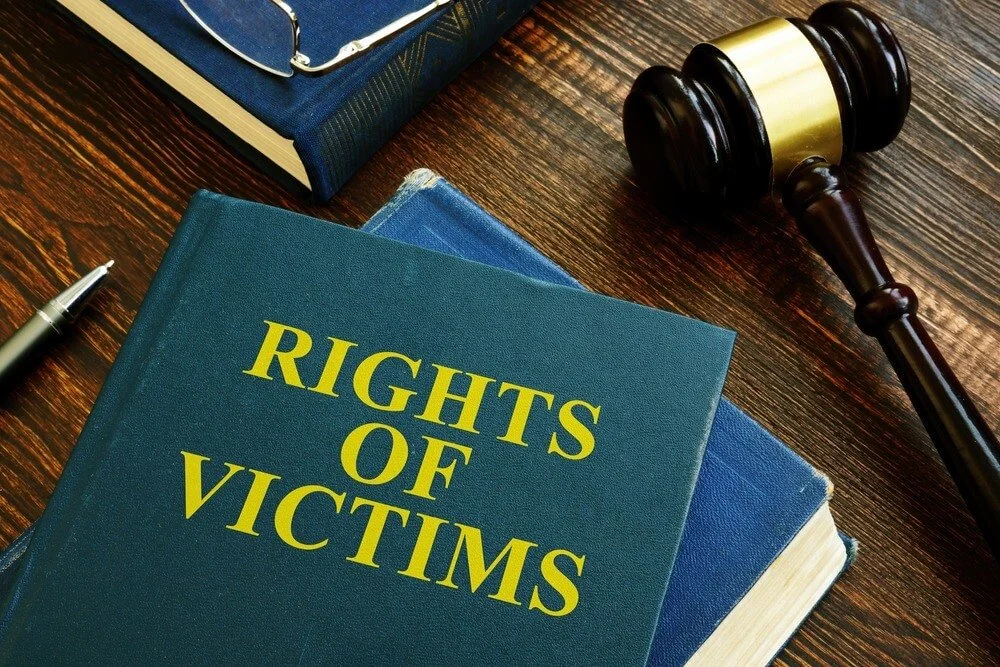
Blog

The Legal Myth Series, Part Six: “That’s Just Hearsay!”
Clients often say, “That’s just hearsay!” when they hear the prosecutor plans to use the alleged victim’s statements or the testimony of a witness. But not every statement is hearsay. In fact, the accuser’s direct testimony in court is considered direct evidence, not hearsay.

The Legal Myth Series, Part Five: “I Can’t Be Charged for Drugs They Didn’t Find on Me”
A common belief among clients is that you can only be held responsible for drugs actually found in your pocket, your car, or your house. In reality, federal law looks far beyond what is physically seized. Through witness testimony, cooperating defendants, and investigative evidence, prosecutors can attribute large quantities of drugs to a person even when those drugs were never found in their possession.

The Legal Myth Series, Part Four: I Can’t Be Convicted Without Physical Evidence
Many people believe that the only way a prosecutor can win a conviction is by presenting physical evidence. They picture DNA, fingerprints, or surveillance video as the centerpiece of every case. This belief comes from television shows and movies that glorify forensic science. In reality, Kansas law does not require physical evidence for a conviction. A jury can return a guilty verdict based on testimony alone if they find that testimony credible.

The Legal Myth Series, Part Three: If I Don’t Talk to the Police, I’ll Look Guilty
Many people believe that staying silent when questioned by police will make them look guilty. This myth has been spread for years and often leads people to give statements that later hurt their case. The truth is that silence is not a sign of guilt. It is a legal right, and it may be the most important protection you have when facing criminal charges in Kansas.

What the Kansas City Chiefs Can Teach You About Building a Winning Defense
When you think of the Kansas City Chiefs, you probably picture Patrick Mahomes slinging impossible passes, Travis Kelce finding space where none exists, and Arrowhead Stadium roaring with the loudest fans in football. Behind all of that is something that connects championship football to criminal defense. A winning strategy in court, like a winning game on the field, does not happen by accident.

The Legal Myth Series, Part Two: The Victim Can Just “Drop the Charges”
A common misconception in criminal cases is that if the alleged victim changes their mind, they can simply “drop the charges.” On TV dramas, the victim decides not to press charges and the case disappears. In Kansas, and in reality, that is not how it works.

The Legal Myth Series Part One: If the Police Didn’t Read Me My Rights, My Case Gets Thrown Out
We have all seen the TV shows where the detective snaps on the handcuffs and immediately says, “You have the right to remain silent…” It has led many people to believe that if the police do not read you your rights immediately upon your arrest, the case against you is automatically dismissed. That is a myth.

How Criminal History Points Impact Your Federal Sentence
When people face sentencing in federal court, they are often shocked at how much their past comes back to haunt them. Even old misdemeanors or minor convictions can add criminal history points under the Federal Sentencing Guidelines. Those points can push your recommended sentence years higher, which is why understanding them—and fighting them when possible—is so important.

What Is a Proffer Session in Federal Court, and Should You Do It?
If you are under federal investigation, you may hear prosecutors or agents talk about doing a proffer session. To many people, it sounds simple: just go in, tell your side of the story, and maybe they will go easy on you. The truth is more complicated. A proffer session can help you, but it can also hurt you if you do not understand the risks.

What Is a Sentencing Variance in Federal Court and Why a Great Sentencing Memorandum Matters
When most people hear they are going to be sentenced in federal court, they assume the Federal Sentencing Guidelines are set in stone. The truth is very different. The Guidelines are only advisory, not mandatory, and judges have the power to go above or below the recommended range. That is called a variance, and it can make all the difference in how much time a person actually serves.

Understanding the Federal Safety Valve: A Way Around Mandatory Minimums
In federal court, mandatory minimum sentences can feel like a trap. Many drug offenses carry minimum terms of five or ten years, no matter what the individual circumstances are. The good news is that Congress created something called the safety valve, which allows certain defendants to be sentenced below the mandatory minimum.

Why the Sentencing Guidelines Are Not the End of the Story in Federal Court
If you are facing sentencing in federal court, you may feel like the U.S. Sentencing Guidelines decide everything. The Guidelines are important, but they do not tell the whole story. Judges are required to consider them, but they also have the power to go above or below the range when justice calls for it.

The Role of the Presentence Investigation Report (PSR) in Federal Court and Why You Need a Lawyer Who Understands It
When you face federal sentencing, one document can shape your entire future: the Presentence Investigation Report, or PSR. Judges use it as a roadmap, and the Bureau of Prisons relies on it long after sentencing. If the PSR is wrong, the consequences can last for years.

Can a Felony Be Expunged in Kansas? What You Need to Know
Can a felony be expunged in Kansas? Learn who qualifies, how the process works, and why an experienced Overland Park criminal lawyer can help you clear your record.

What to Do If Your Child Is Accused of a Crime in Kansas
Has your child been accused of a crime in Kansas? Learn how the juvenile system works, what parents should do, and why an experienced Overland Park criminal lawyer can protect your child’s future.

How Social Media Posts Can Sink Your Defense
Charged with a crime in Kansas? Learn how your social media posts can be used against you and why you need an experienced Overland Park criminal lawyer to protect your defense.

Why Hiring an Experienced Federal Lawyer Matters in Sentencing
Facing charges in federal court is very different from state court. The rules are stricter, the prosecutors have more resources, and the penalties are often harsher. That’s why you need an experienced attorney like the Law Office of James L. Spies.

How to Handle a Criminal Investigation Before You’re Charged
Being investigated for a crime is one of the most stressful situations a person can face. You need the Law Office of James L. Spies on your side should you find yourself in this situation.

Offender Registration in Kansas: What You Need to Know
In Kansas, registration is not limited to sex crimes. People convicted of certain violent felonies and even some drug distribution offenses can also be required to register.

I Was a Prosecutor. Here’s What That Means for My Clients.
Most clients are surprised to learn I spent years trying cases for the State. They assume defense attorneys and prosecutors are wired completely differently. In some ways, that is true. But in my case, the transition was deliberate and powerful.

